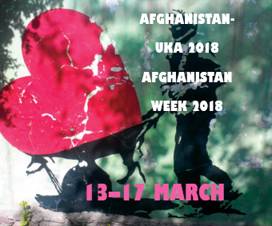
Are the dominant understandings of Afghanistan accurate, and by extension, are they helpful for informing policy-making, in Kabul, in Washington, and elsewhere? In this breakfast talk, Barnett Rubin, one of the world’s foremost Afghanistan analysts, challenges key dogmas and argues that time is ripe for broadening the aperture. In his talk, Rubin will zoom in on three topics:
- Challenges of stabilization and peacemaking in a landlocked, aid-dependent state
- Changing regions: it’s not just Pakistan
- Changing domestic politics: it’s not just elections or reform.
Relevant blog post
- Barnett R. Rubin: Theses on Peacemaking in Afghanistan: a Manifesto
Dr. Barnett R. Rubin is a Senior Fellow and Associate Director of the Centre on International Cooperation (CIC) at New York University, where he directs the Afghanistan Pakistan Regional Program. Rubin served as the Senior Adviser to the Special Representative for Afghanistan and Pakistan in the U.S. Department of State from April 2009 to October 2013. He was also a special advisor to the UN Special Representative of the Secretary General for Afghanistan during the negotiations that produced the Bonn Agreement in 2001, and has subsequently advised the United Nations Assistance Mission in Afghanistan.
His many publications include Afghanistan from the Cold War through the War on Terror (2013), The Fragmentation of Afghanistan: State Formation and Collapse in the International System (2002; first edition 1995), and The Search for Peace in Afghanistan: From Buffer State to Failed State (1995).
This seminar is part of the Afghanistan Week 2018, a series of events related to Afghanistan, which is a collaboration between the Norwegian Afghanistan Committee (NAC), the Chr. Michelsen Institute (CMI) and the Peace Research Institute Oslo (PRIO).





